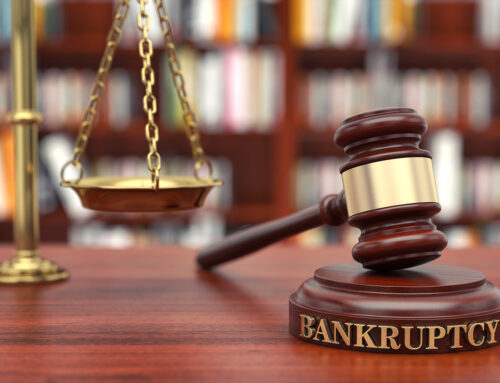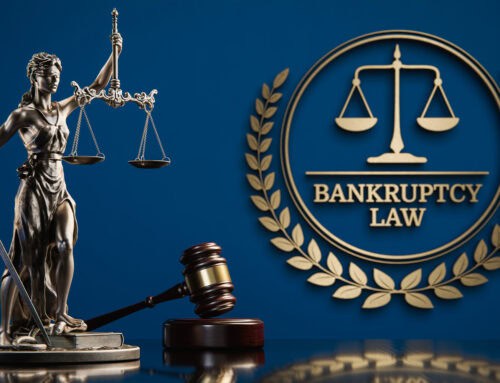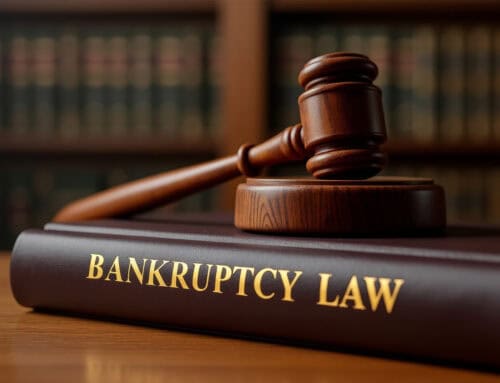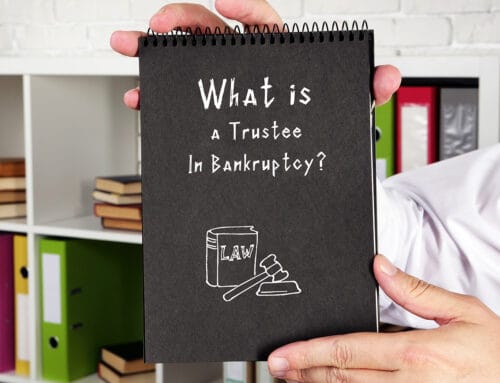Does Chapter 20 Bankruptcy Exist & Should You Do It?
There is no actual Chapter 20 of the Bankruptcy Code. There is however a strategy that is sometimes employed by debtors that is called a Chapter 20 Bankruptcy. This refers to the situation in which a consumer debtor files a Chapter 7 case and receives a discharge, and shortly thereafter files a Chapter 13 case. Why would someone want to do that?
There are several reasons why debtors may try to use a Chapter 20 strategy. The objective is to obtain more relief than filing for Chapter 7 or Chapter 13 alone.
One common reason why debtors will do so is to discharge their unsecured debts through the Chapter 7 filing and then cure mortgage arrears over an extended period of time with a Chapter 13 plan.
Chapter 20 also enables consumers who need Chapter 13 relief, but don’t qualify because they owe more unsecured debt than Chapter 13 jurisdictional requirements permit, to become eligible for Chapter 13 filing.
Once a debtor files for Chapter 7 relief and obtains a discharge, the debtor is not entitled to receive a Chapter 13 discharge unless more than four years have passed from the date of the first filing to the date of the second filing. Therefore, the objective in most Chapter 20 scenarios is not to discharge any debt, but instead, to use the payment plan features of Chapter 13 to cure mortgage arrears over a period of time.
Many debtors will use the Chapter 13 process to eliminate second or third liens on properties. In such cases an adversary proceeding is brought against the mortgagee in an attempt to strip off the junior lien. If successful the loans that were secured by the junior liens are deemed to be unsecured debt. Unsecured debt is the last debt that is paid back in a Chapter 13 and is often repaid at a fraction of the balance. Upon completion of a Chapter 13 payment plan the unpaid unsecured debt is deemed discharged and a debtor will have equity in their property because the junior mortgages have been eliminated. While this ends up being a great result for my clients, strategizing is particularly critical when pursuing a Chapter 20.
I provide a free initial consultation. At this consultation I will provide you with all of your options, answer all of your questions, and help you to decide what the best option available for you is. Call the Law Offices of Brent D. George in Thousand Oaks, California for a free consultation or for any other advice about bankruptcy or debt at (805) 494-8400.
Disclaimer: This article is intended for informational purposes only and does not constitute legal advice. For personalized assistance, please contact our office at (805)494-8400.





